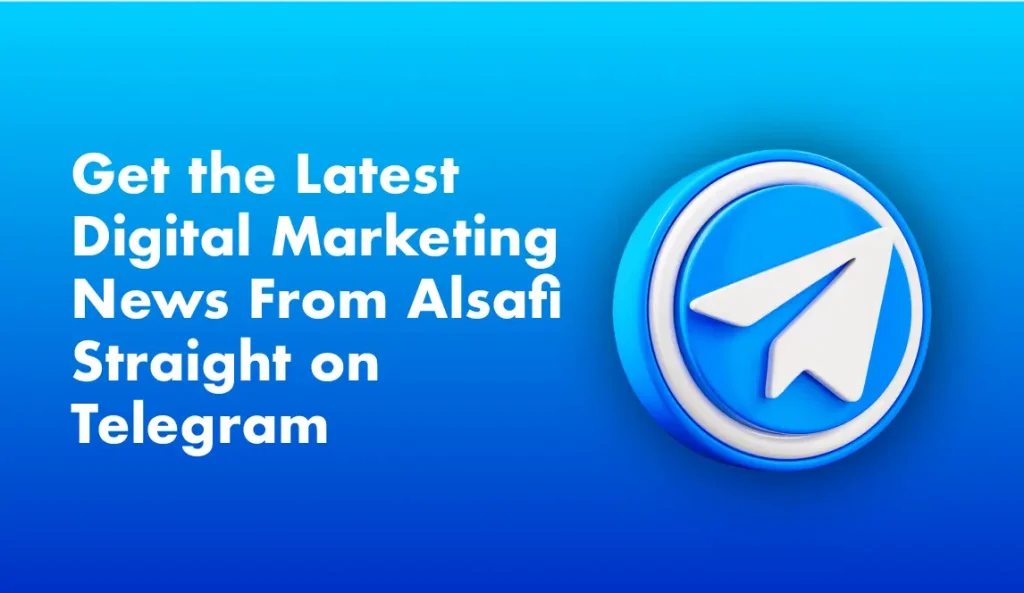Bluesky, the decentralized social media platform often seen as a Twitter alternative, is carving a unique path in its approach to advertising. CEO Jay Graber has shared insights on the platform’s mission to avoid the issues that plagued traditional platforms like Twitter, particularly in how ads are integrated and prioritized. This strategy aims to ensure Bluesky remains user-first while exploring monetization models that align with its decentralized ethos.
While many platforms have struggled with “enshittification” (a term used to describe the degradation of user experience in favor of profits), Bluesky is taking steps to avoid this. Graber emphasizes that any ad integration will be carefully balanced to prioritize user trust and platform integrity, ensuring monetization doesn’t come at the cost of Bluesky’s core principles.
The Context Behind Bluesky’s Strategy
Bluesky operates on the AT Protocol, a decentralized framework that allows greater user control and transparency. Unlike traditional platforms, Bluesky envisions an ad ecosystem that supports smaller businesses and creators without overwhelming users with intrusive or irrelevant ads. Instead of prioritizing advertisers’ needs at the expense of user experience, Bluesky plans to maintain a fair and transparent approach.
This vision comes as platforms like X (formerly Twitter) continue to face backlash for overly aggressive monetization strategies, including paywalls, subscription-based features, and ad overload. By promising not to follow this path, Bluesky aims to foster a healthier, more sustainable platform for both users and advertisers. Graber also hinted that their decentralized structure could empower users to tailor their experiences, such as opting into ad-supported feeds if desired.
Bluesky’s moderation approach also plays a role in this strategy. The platform’s challenges with handling explicit content have raised questions about its preparedness, but these issues also highlight its commitment to evolving its policies based on user needs. For advertisers, this indicates a potential for curated, brand-safe environments that are essential for effective campaigns.
To explore this topic further, check out our Bluesky Launches Trending Topics to Boost Content Discovery for more insights.
Key Takeaway for Marketing Managers
Bluesky’s ethical advertising approach holds potential for Middle Eastern marketers. The region’s businesses, particularly SMEs, can benefit from decentralized platforms that prioritize transparency and user trust. Bluesky’s focus on small business-friendly advertising models may open doors for localized campaigns that resonate deeply with audiences.
For now, Bluesky remains in its early stages, but its promise of ethical ads and decentralized control presents a compelling alternative to traditional platforms. Marketing managers should monitor its evolution closely, particularly as users in the Middle East increasingly seek platforms that prioritize privacy, authenticity, and meaningful connections



